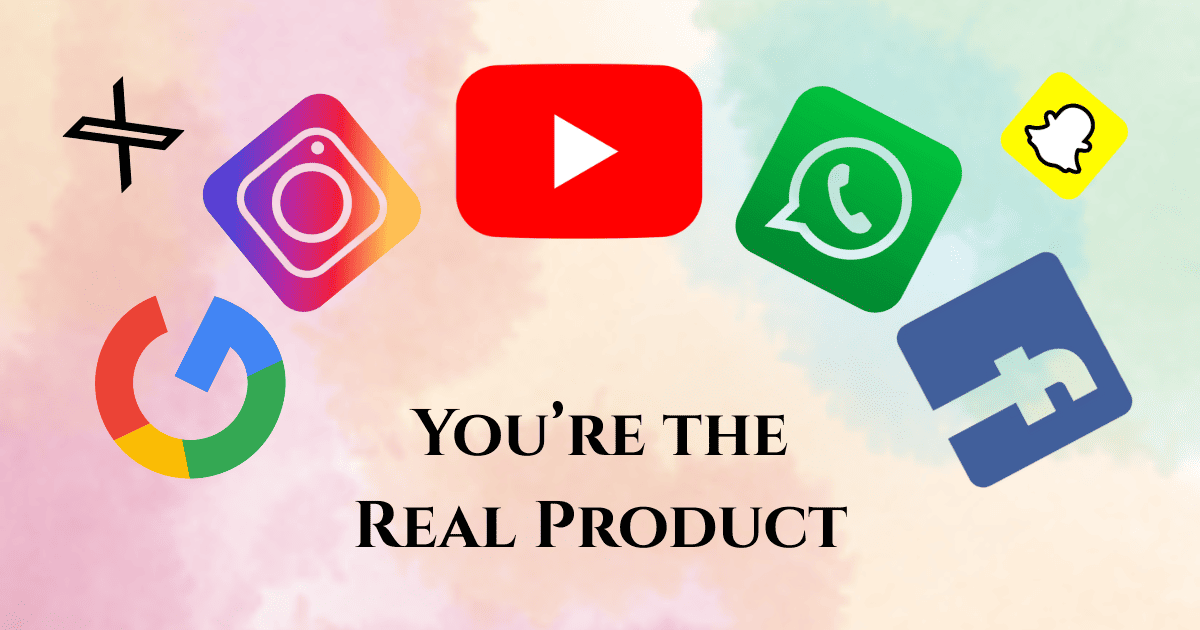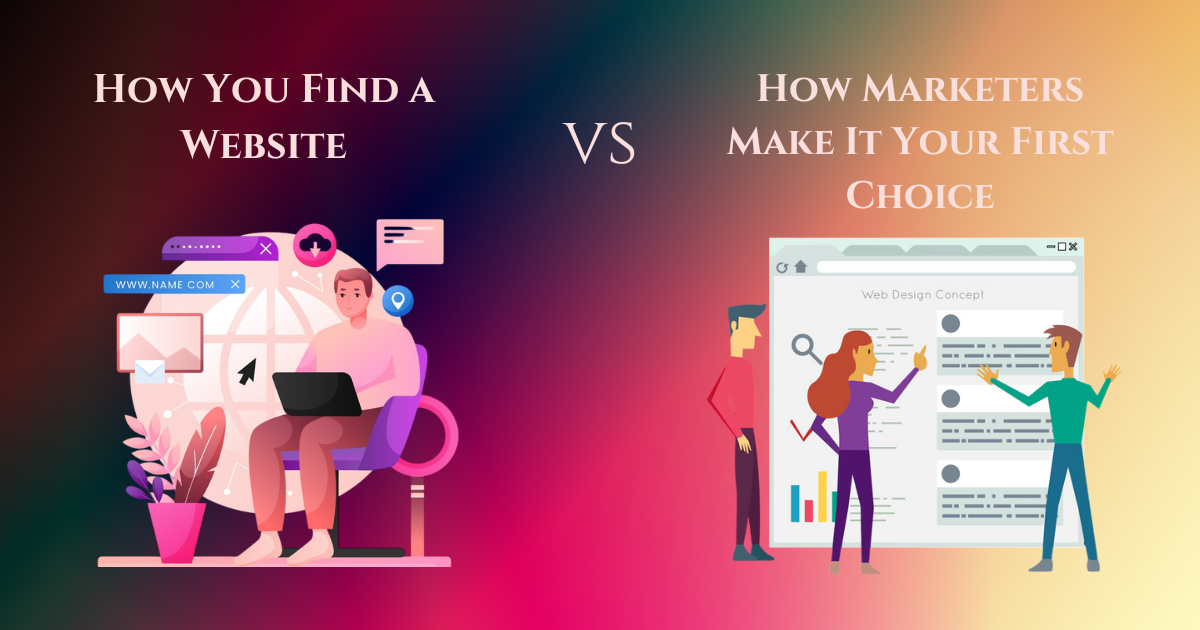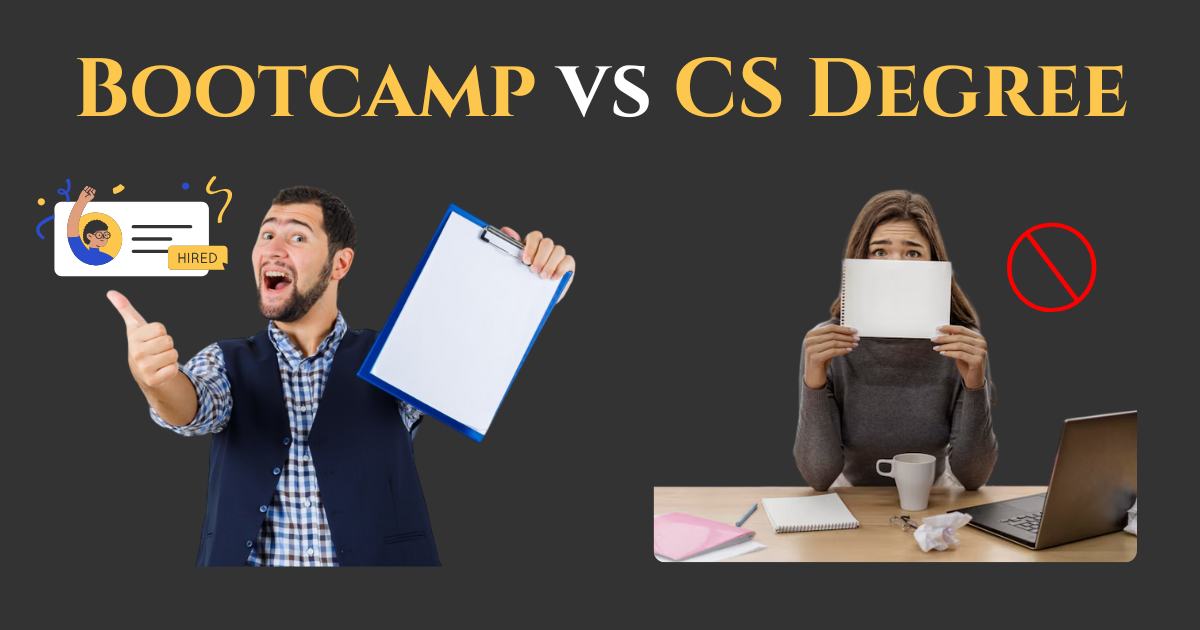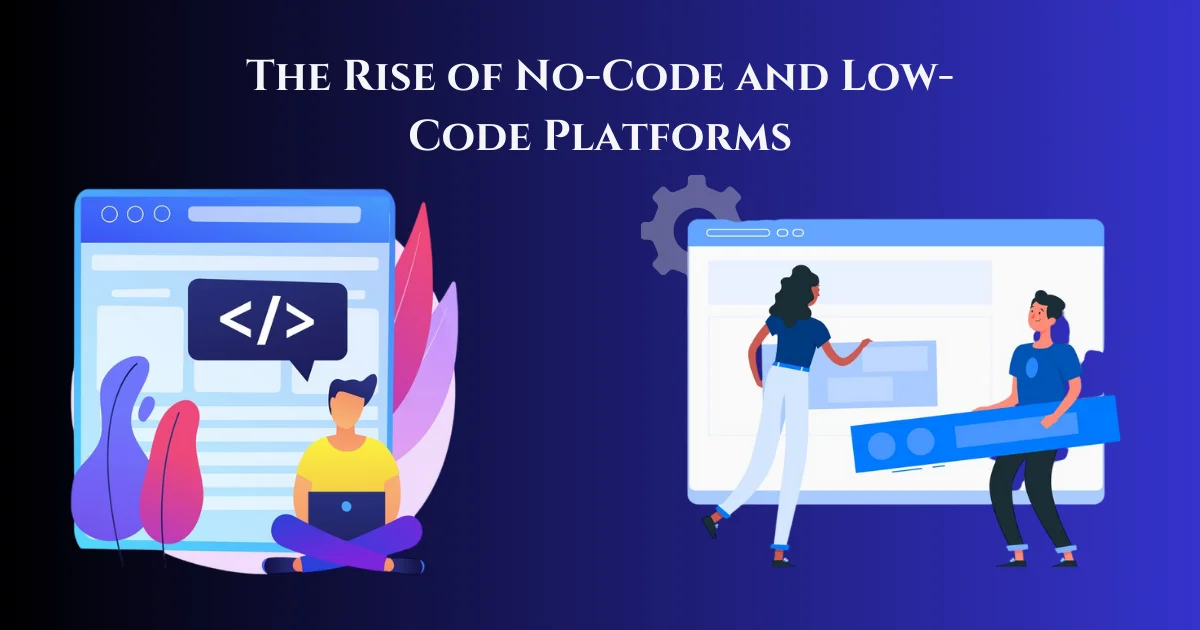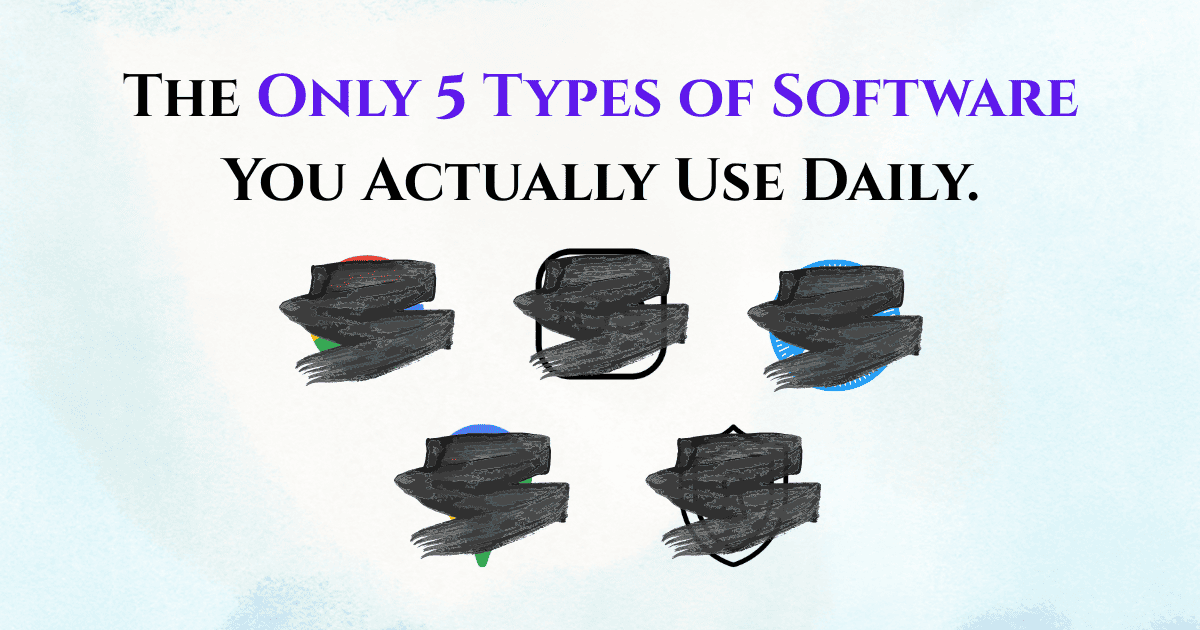They cost nothing to join—but free platforms take your time, data, and identity. Discover what you’re really paying with.
Why ‘Free’ Platforms Are the Most Expensive
When a product is free, you are the product. That’s not just a snappy quote—it’s a business model, a global reality, and one of the most profitable strategies in modern history.
From social media to search engines, free platforms promise connection, entertainment, and convenience. But behind the friendly UI and no-price-tag charm, they’re quietly charging us something far more valuable: our time, attention, behavior, and identity.
Let’s decode why these “free” platforms might just be the most expensive things we use daily.
1. You’re Paying With Your Attention
Attention is finite—and platforms know it’s worth billions. Free apps are designed with psychological hooks that trigger dopamine responses: notifications, infinite scroll, likes, streaks.
Every second you spend on the app isn’t time freely chosen—it’s time engineered. This attention is auctioned off to advertisers in real time. You’re not browsing—you’re participating in an invisible bidding war for your focus.
2. You’re Paying With Your Data
Every click, pause, like, and search builds your digital fingerprint. Free platforms collect and analyze this to profile your behavior—then sell that insight.
You think you’re just liking a photo. In reality, you’re training an algorithm. That data fuels predictive models so accurate, they can anticipate your actions better than your closest friend.
And once your data is in, it’s rarely ever out.
3. You’re Paying With Your Beliefs
Algorithms don’t just feed you content—they shape your worldview. By filtering what you see, they build echo chambers that reinforce existing beliefs. Over time, this changes how you think, vote, shop, and live.
The platform doesn’t care if you’re radicalized, misinformed, or addicted—only that you’re still scrolling.
This isn’t just influence. It’s soft programming.
4. You’re Paying With Your Time
Free platforms steal small moments—five minutes here, twenty there. But add that up over months and years?
Suddenly, you’ve spent hundreds of hours on apps you didn’t even pay for. But they made billions from your “free” time. Time you could’ve invested in building, resting, creating, living.
In economic terms: your time is their currency.
5. You’re Paying With Your Identity
Over time, your online presence becomes your real presence. What you share, like, follow—this becomes the digital version of you.
And as platforms push for more biometric data (face scans, fingerprints, emotion detection), the line between your self and your data gets thinner. You don’t just use the platform anymore—you exist through it.
6. The Richest Companies Offer You Nothing Tangible
The five biggest tech companies—Meta, Google, Amazon, Apple, and Microsoft—have one thing in common: they built empires by creating platforms, not products.
Most “free” services are monetization machines. They take your behavior and sell it at scale. You’re not a user. You’re an asset
7. Can You Opt Out? Not Easily.
Try deleting every major free app from your life—Google, YouTube, Instagram, WhatsApp, Spotify. You’ll quickly realize: these platforms aren’t just habits, they’re infrastructure.
And that’s the genius: they made themselves indispensable. You’re trapped, even when you think you’re free.
So What’s the Cost?
Free platforms cost:
- Your privacy
- Your time
- Your perception of truth
- Your mental health
- Your autonomy
And maybe the most expensive thing of all: your awareness of what you’re losing.
So What Now?
Awareness is power.
- Audit your apps.
- Install blockers.
- Use tools that respect your privacy.
- Disconnect more often.
- Ask: who profits from my attention?
In an age where free means frictionless—and frictionless means addictive—the most radical thing you can do is pause, question, and protect your inner world.
Because once you reclaim your time and attention, you’re no longer the product.
You’re the owner.





